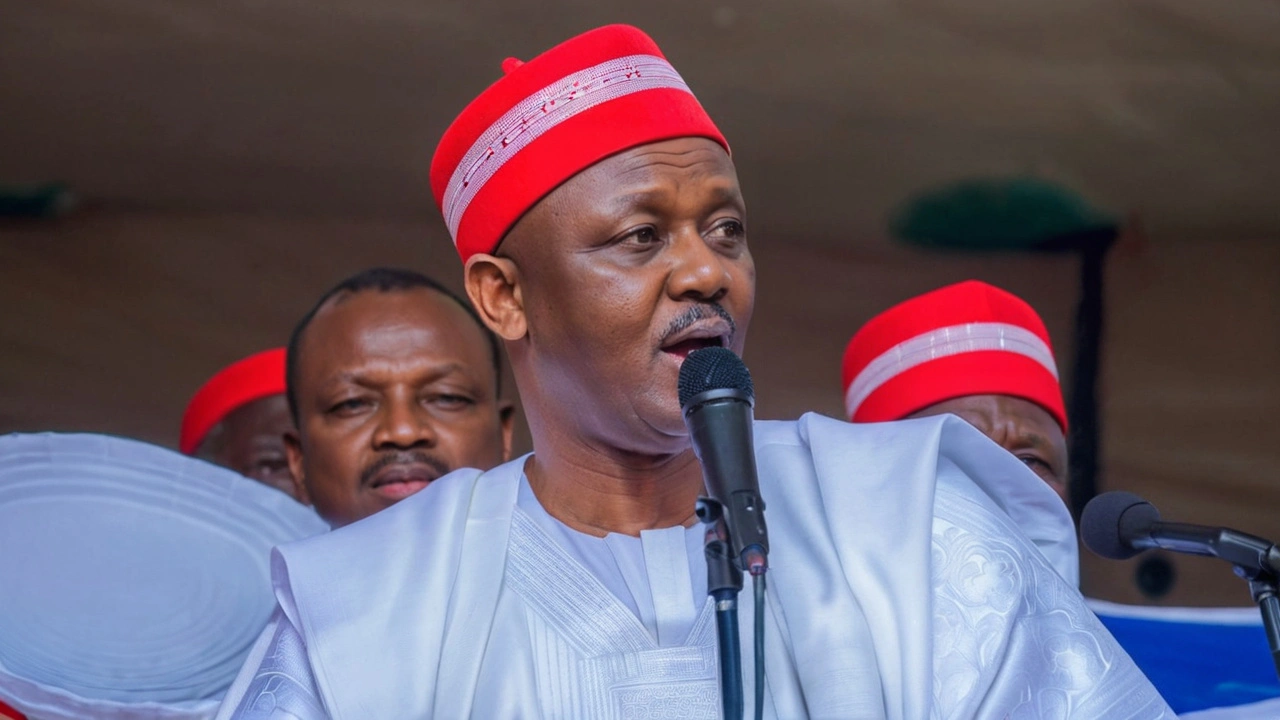Nigerian elections: what to watch, how they work, and why they matter
Nigeria's elections shape the country's politics, economy and regional stability. Whether you're voting, reporting, studying, or just following events, it's useful to know what actually happens before, during and after the vote. This guide explains the process, key players, how to track results, and why the outcome matters for Nigerians and the wider region.
The Independent National Electoral Commission (INEC) runs the vote. Voters need a PVC — the permanent voter card — to cast a ballot. Polling places open early and follow strict procedures to count votes publicly. Results are uploaded to INEC's portal and often shared in local media and social channels.
Knowing the rules helps voters avoid delays, challenges, or disqualification. If your name isn't on the register, don't assume you can't vote; check INEC update points or local offices before election day.
Key players and timeline
Major parties include the APC, PDP and several smaller parties. Watch for governor, legislative, and presidential contests if it's a general election. Primary campaigns and candidate lists typically appear months before the vote. INEC sets the official calendar with polling dates, deadlines for disputes, and timelines for announcing results.
Security and observer reports matter. Local and international observers monitor turnout, ballot handling, and counting. Their statements can confirm if the process met basic standards. Civil society groups also run hotlines for voters to report problems like intimidation or missing materials.
How to follow and verify results
On election day, follow INEC's official portal and the commission's verified social accounts for uploaded results. Cross-check what you see with multiple local news outlets and verified observer updates. Be careful with social posts that show partial figures or unnamed sources. Screenshots can be doctored; always look for the official result sheet (Form EC8A or the INEC equivalent) posted online. If a result looks off, check observer notes and contact local newsrooms or election lawyers.
Post-election disputes follow a legal path. Candidates can file petitions in election tribunals and courts. These cases focus on documented irregularities, not social media claims. International reaction and regional diplomacy often hinge on whether processes were transparent and verifiable.
Why the outcome matters goes beyond who holds office. Results affect economic policy, security cooperation, and business confidence across West Africa. If you're a voter, check the polling plan, bring identification, and report any problems. If you're a reader or reporter, rely on official sources, observer reports, and field reporting for accuracy.
For clear, timely updates, follow Africa Daily Tasks News on our Nigeria elections tag. We collect verified stories, official documents, and on-the-ground updates so you can stay informed without the noise.
Quick tips: arrive early to avoid long lines; carry a printed ID and your PVC; record contest numbers and ask for the result sheet at your polling unit; save INEC helpline numbers and observer contacts; share only verified updates to avoid spreading false information. Stay curious, check documents, and vote responsibly — your participation counts for Nigeria's future.
